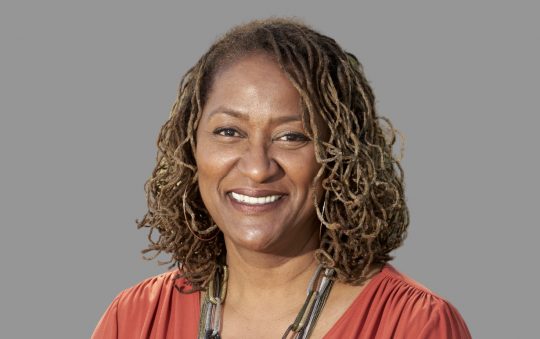
While the COVID-19 pandemic created significant new public health challenges, it also revealed and aggravated many of the challenges that have long plagued our communities. Health disparities and unequal access to health care afflicted marginalized and vulnerable Los Angeles communities long before the onset of COVID-19.
Unfortunately, some unscrupulous actors may be making matters worse, exploiting a federal health program with little transparency or oversight, and driving up their profits on the backs of California’s communities of color.
Congress created the 340B Drug Pricing program in 1992 with a noble goal: to make prescription drugs more affordable and accessible to low-income and uninsured patients. The program required prescription drug manufacturers to provide discounts on their medicines to hospitals that serve a significant percentage of vulnerable patients.
Unfortunately, the program has expanded in ways that Congress never intended, and there is little evidence that vulnerable communities are seeing the benefits. That is because hospitals are increasingly contracting with for-profit pharmacies and other middlemen, many of whom are pocketing the 340B savings while California patients still pay full price.
Statewide, California has nearly 6,200 pharmacies participating in the 340B program. Not a single one is required to share any 340B discounts they receive with patients.
The 340B program is not improving access to health care for communities of color because participating pharmacies are often not located where these communities live. Areas with limited or no access to pharmacies – often called “pharmacy deserts” – are primarily found in Black and Latino neighborhoods. What’s more, only 1 in 4 pharmacies in Black and Latino neighborhoods participated in the 340B program in 2015.
As a pastor and president of the Baptist Minister’s Conference of Los Angeles and Southern California, I am charged with the spiritual health of my congregation. But spiritual health is inextricably linked to mental and physical health – mind, body, and soul. When programs – such as the 340B program – that are designed to help vulnerable communities and communities of color fail, it is those same communities who bear the burden.
I have witnessed firsthand the impact of decades of health disparities – the legacy of racism and institutionalized discrimination – on the physical health of our people. According to the U.S. Office of Minority Health, Blacks have a lower life expectancy, more often live at or below the poverty level, and are more often uninsured compared to their white counterparts. The death rate for Blacks is generally higher than Ehites for heart disease, stroke, cancer, asthma, influenza and pneumonia, diabetes, HIV/AIDS, and homicide.
California policymakers should take steps to ensure that vulnerable California communities are seeing the benefits of the 340B drug pricing program – that these communities, and not big-box pharmacies, are realizing cost savings on their medications. Currently, a lack of transparency is preventing meaningful accountability in the 340B program.
The California legislature is considering changes to the 340B program in the form of Senate Bill 939. Unfortunately, that proposed bill does nothing to improve transparency or accountability for 340B contract pharmacies. If anything, it enshrines into law the opaque business practices that allow pharmacies to profit while many patients continue to pay full price for their medicines.
No California family should pay unnecessarily high costs for their medical care. Meaningfully addressing existing health care disparities requires that the programs designed to help vulnerable communities are functioning as intended – to protect patients, not pharmacies. Introducing more transparency to the 340B drug program would be a good first step.
Reverend K.W. Tulloss is the president of the Baptist Ministers Conference (BMC) of Los Angeles and Southern California.







